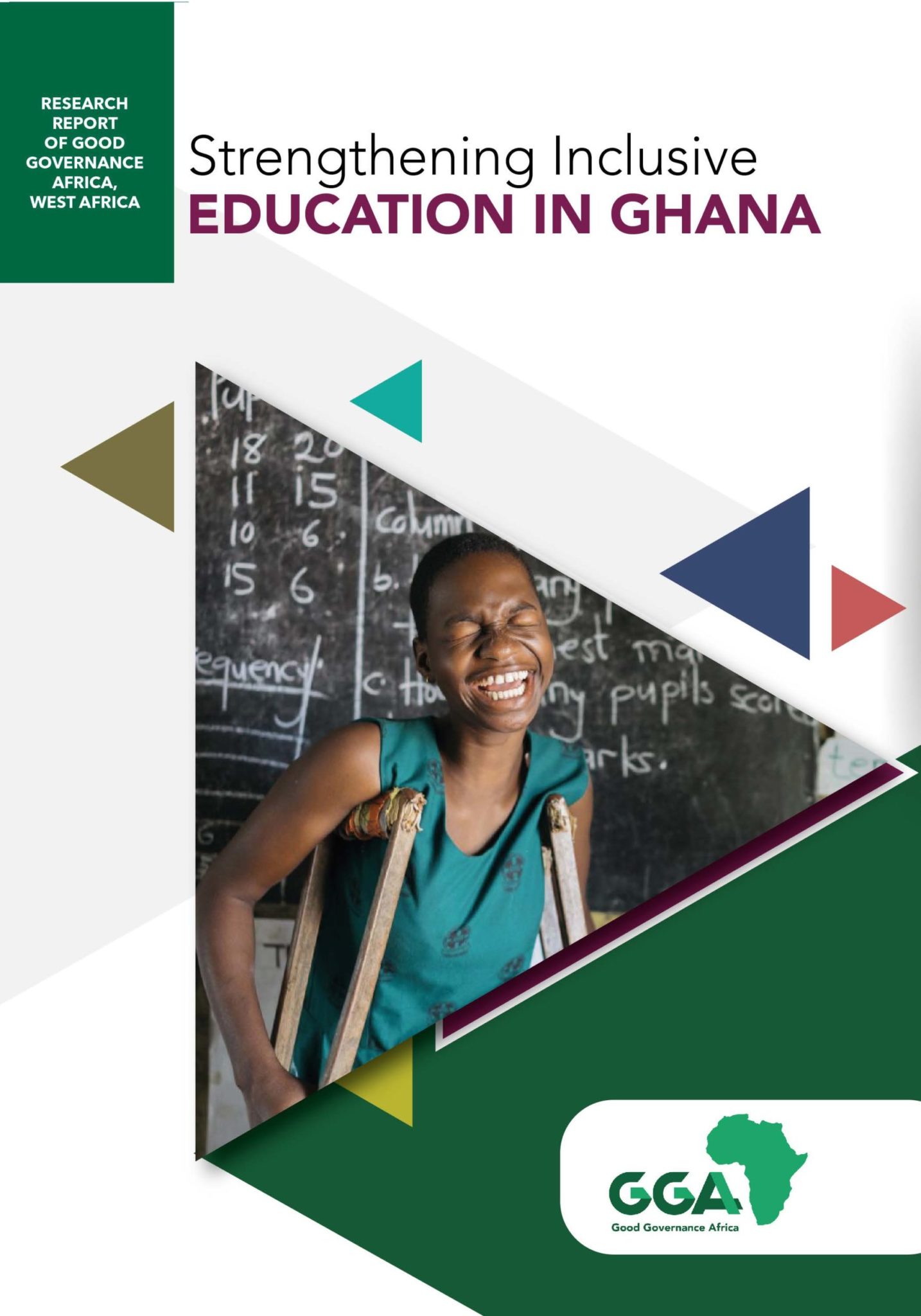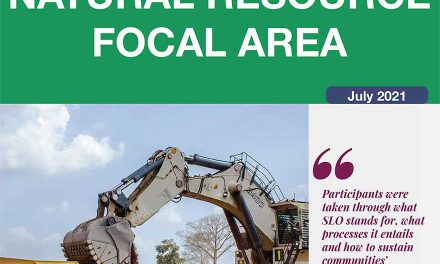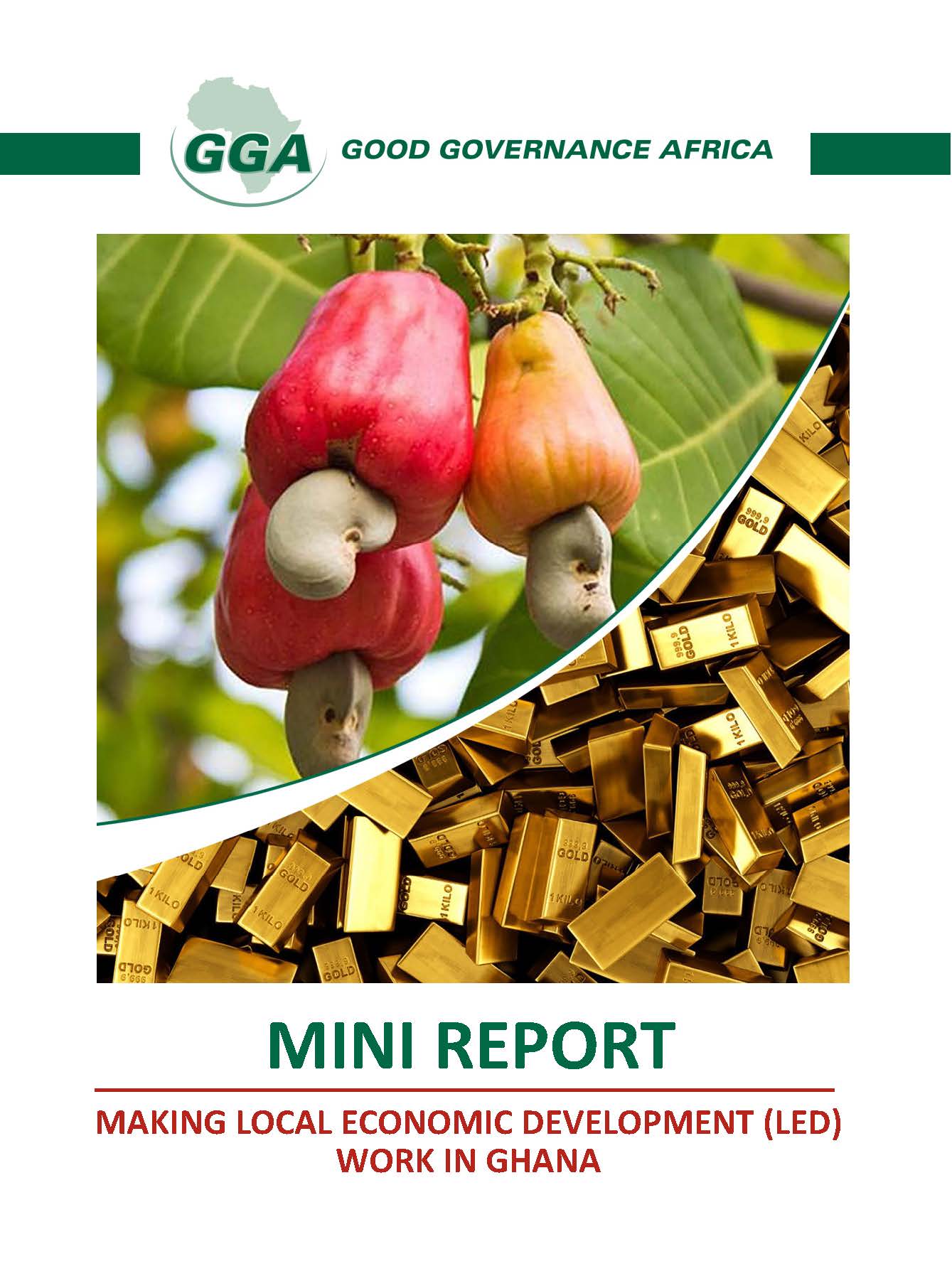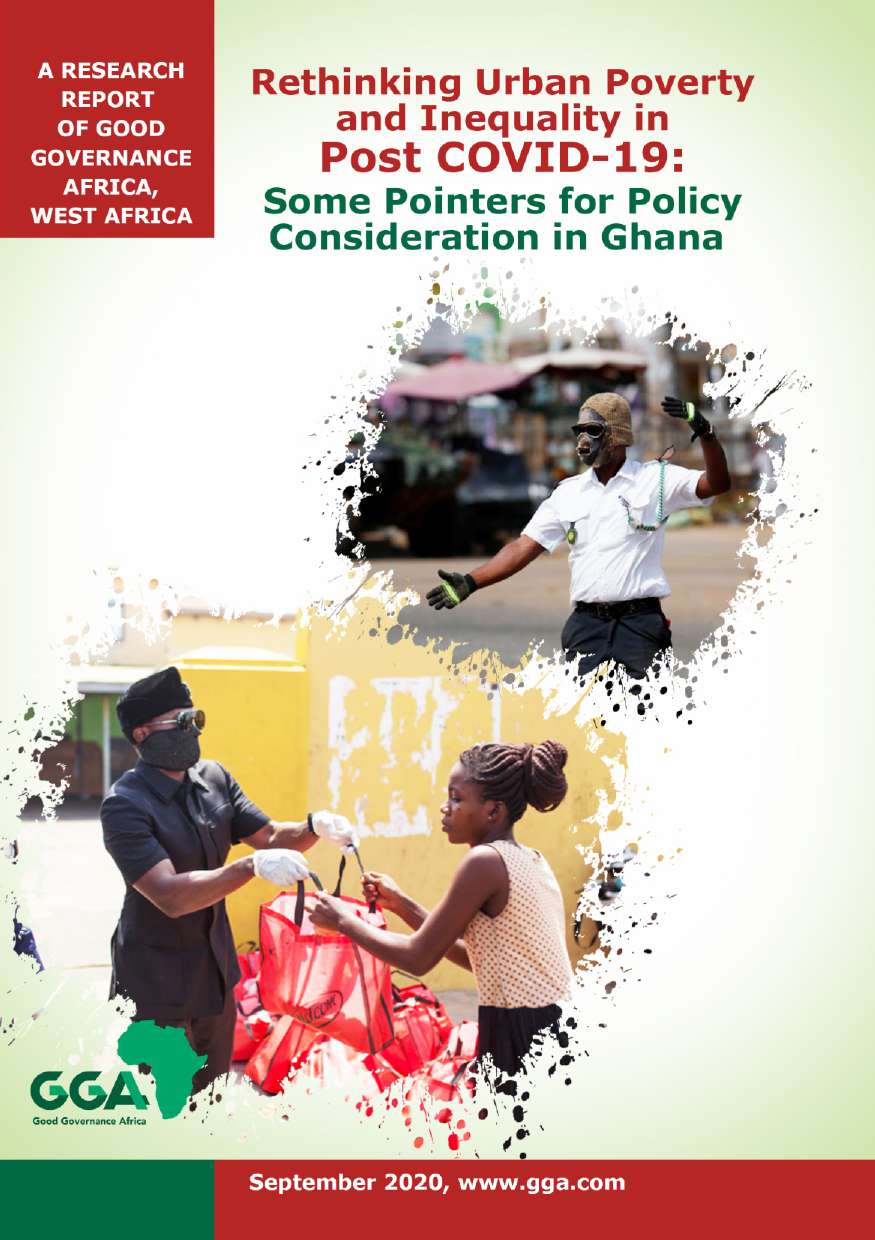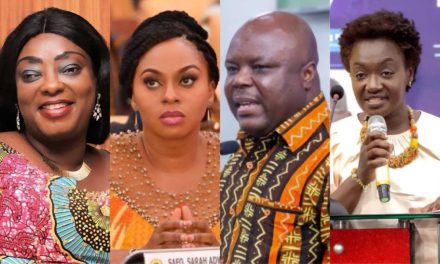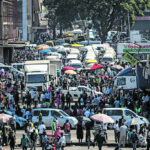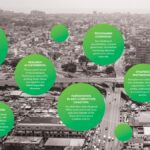Strengthening Inclusive Education in Ghana
Ghana’s education system is considered to be one of the most progressive in Africa. UNESCO Global Monitoring Report on Education for All lists Ghana as one of the three top performing countries in the world for reducing out-of-school populations by at least 85% over the past five years . Despite this remarkable progress in primary education, challenges still remain. Education stakeholders in Ghana note with concern that inclusion of children with special needs within the mainstream education system is limited and as such access to quality education remains a challenge for children with varied forms of disabilities in Ghana. The latest population survey for Ghana (2010) showed that 64% of children with disabilities are attending school compared to 81% of children without a disability and that 28% of children with disabilities have never attended school compared to 14% of children without disabilities . Teachers in Ghana struggle to teach children with special needs. Further, as a social issue, according to UNICEF, children with disabilities face great discrimination and stigma in Ghana than other groups . Many families hide children with special needs at home because having a disability is a shameful thing for the child and the family, as it is considered to be a punishment.
This paper is to respond to these identified gaps with regards to special needs education. The action dubbed GGA SEN seeks to contribute to equitable access to education for students with special educational needs within mainstream schools by providing skills, resources and materials for educators, parents/caregivers, healthcare providers and children with disabilities to achieve improvements in education, care and support of children with special needs as well in care and support for children with special needs) and affecting change in attitudes amongst the wider community. GGA SEN is focused around two Resource Centres acting as community hubs. GGA SEN will pilot this approach in order to inform future government policy and programming. The project will run for a period of 24 months in two Districts of Ghana.
GGA SEN combines the experience of GGA in both the education and disability sectors with the skills and experience of existing technical experts from amongst partner organizations from civil society, government, education and health sectors. In particular, GGA will engage MOE, GES, Ghana Union of the Blind, Ghana National Union of the Deaf (specialising in Deaf education and Ghana Sign Language, THT theatre group of people with disabilities that uses drama for public sensitisation, the National Paralympic Committee of Ghana (NPC Ghana) that effectively uses sport for social inclusion. Complementary initiatives such as the positive-parenting aspects of the work . This paper also discussed the effect of the COVID 19 on school closures and how this affects children with disabilities.

